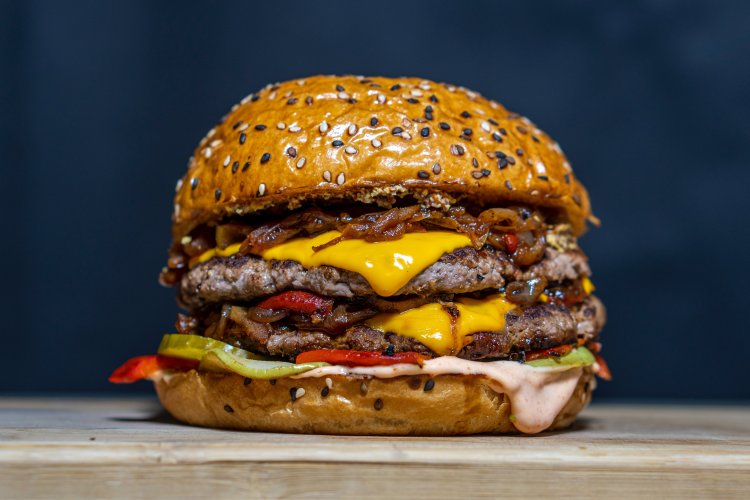Peking Man: Meat Me Halfway
I was born a carnivore. Not an omnivore, mind you – a carnivore. Growing up, I’d go out of my way to avoid vegetables, picking them out of dishes or picking around them to get at the good stuff.
I wondered why anyone would eat vegetables when there existed a better, meatier form of food. Like, why drink Diet Coke when there’s regular Coke? To me, vegetables were a last resort, to be consumed only if meat were somehow unavailable. The very existence of salad puzzled me.
My first year in China did nothing to change my way of thinking. Instead, my relatives – enablers that they are – pushed me to eat meat.
“You’re too skinny, eat more.”
“Don’t fill up on rice, eat meat.”
And, if I reached for a vegetable out of curiosity: “Eat fewer vegetables; eat more meat!”
You could call that Phase 1 of my Chinese culinary experience: eating as much meat as possible.
I became infatuated with kungpao chicken (宫保鸡丁), even though I’d never liked it in the States. I ate it
morning, noon and night.
This gave way to an unbalanced diet of yuxiang pork strips (鱼香肉丝), three meals a day of twice-cooked pork (回锅肉), followed by an obsession with meat pancakes (肉饼) and subsequently pork and scallion jiaozi (猪肉大葱饺子).
In Phase 1, eating with strict vegetarians was worse than eating alone. Watching dishes get decarnified, leeched of all their fat and flavor – “Can you make mapo doufu (麻婆豆腐) without the meat?” – was like watching a hate crime. Don’t even get me started on vegans.
But eventually my meat purist attitude began to change. Maybe eating red-cooked pork (红烧肉) every night got old, or maybe I feared I was one diced chicken with chili (辣子鸡丁) away from a coronary. Either way, Chinese cuisine had so much more to offer.
In Phase 2, I allowed myself certain vegetables, like potatoes and bamboo shoots, but only if they were mixed with meat, as in braised beef with potatoes (土豆烧牛肉) and dry pot potatoes (干锅土豆片). Like mashing medicine into apple sauce, the meat helped the vegetables go down.
Some people don’t consider potatoes a vegetable because they “aren’t green” – which is racist – but Phase 2 also saw the introduction of green beans and mushrooms, which are undeniably vegetable-esque.
For a long time, vegetable to me just meant “non-meat.” I considered stir-fried tomato and eggs (西红柿炒鸡蛋) a vegetarian dish because it contained no recognizable form of meat.
Eventually these gateway vegetables led to a full-blown acceptance of this strangely endearing food group. I had entered Phase 3.
Today, I’m happy with a meal of smashed cucumbers with garlic (拍黄瓜), stir-fried broccoli with garlic (蒜蓉西兰花) and dry-fried green beans (干煸四季豆). I’ll break bread with vegetarians. I’ll let them be picky. I’ve even survived an excursion to a vegan restaurant.
Not to put too fine a point on it, but for me to accept eating a meal consisting of only vegetables is like Jesus becoming an atheist.
But I wonder if this conversion would have happened without the variety of Chinese cuisine and sweet, sweet MSG. I don’t know if all the Facon, kale and avocado in Western cooking could have gotten me to where I am today – a place where I’m open to all kinds of vegetables.
Except eggplant. Eggplant is f*cking disgusting.
This article first appeared in the September issue of the Beijinger.
Image: Claire Jones (the Noun Project)







